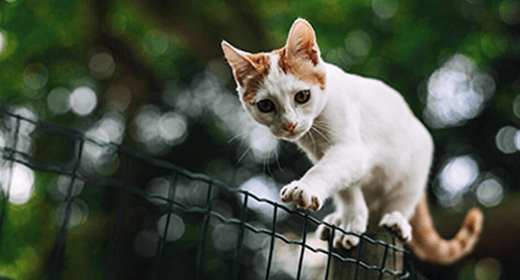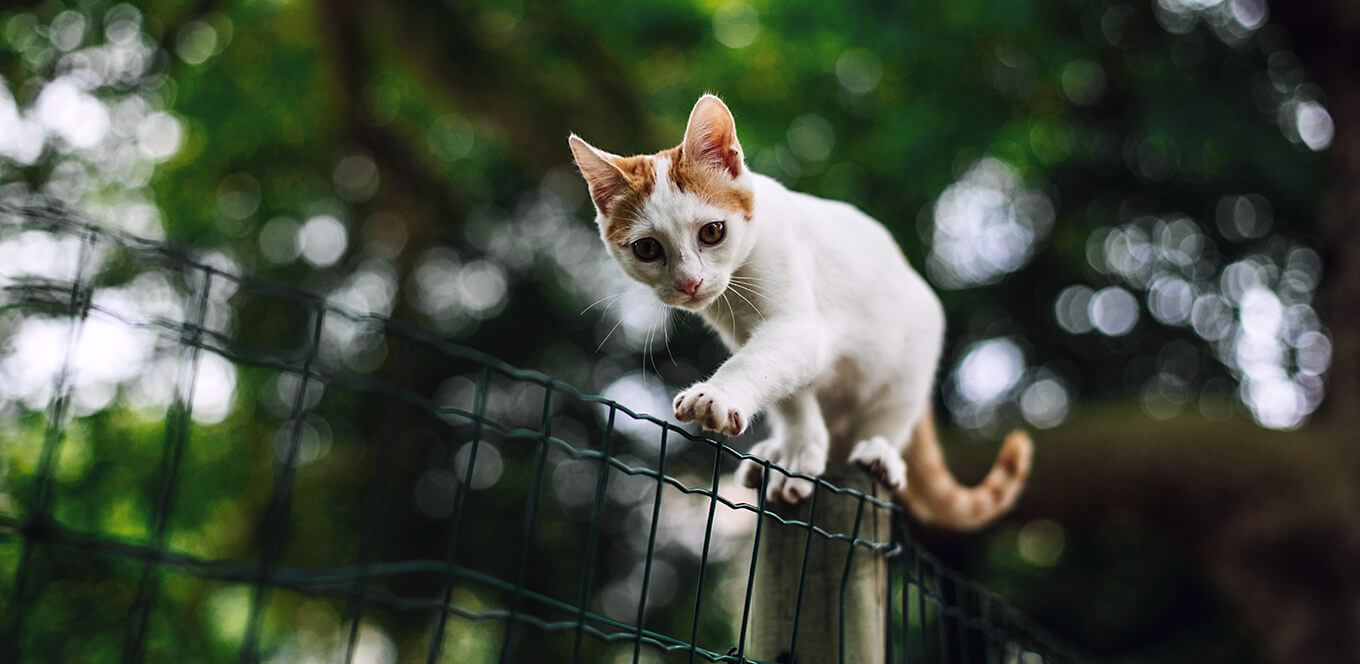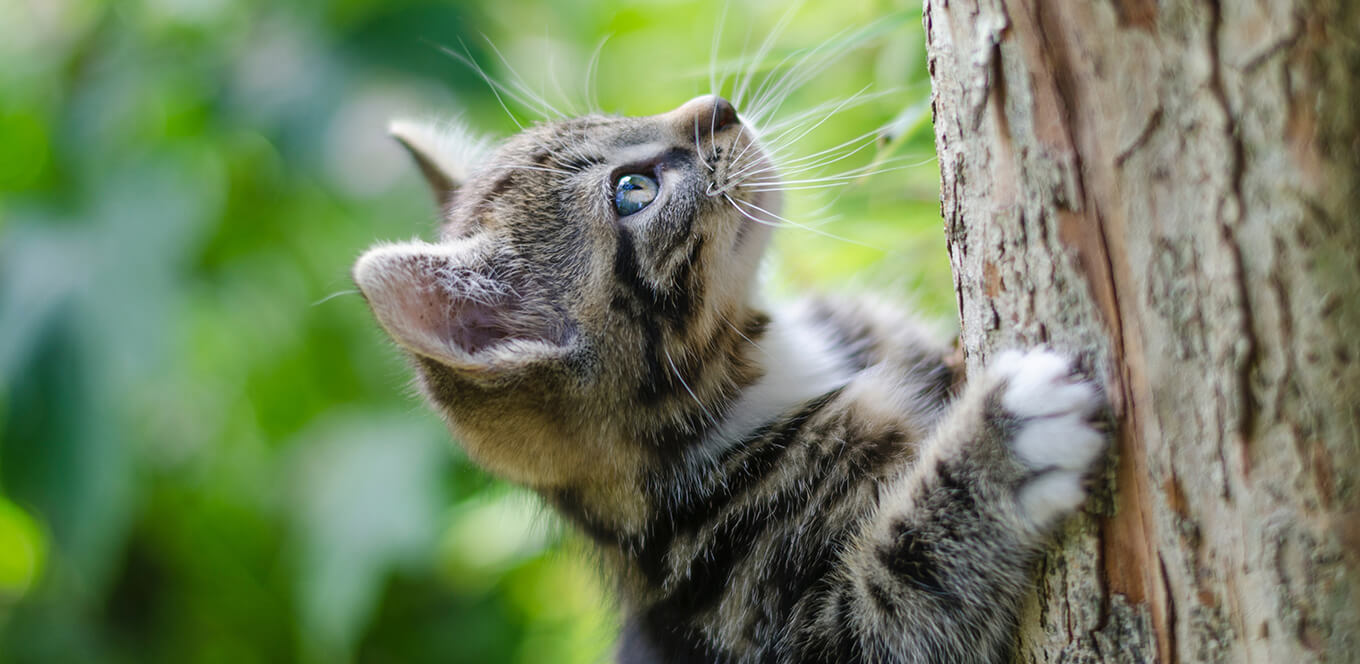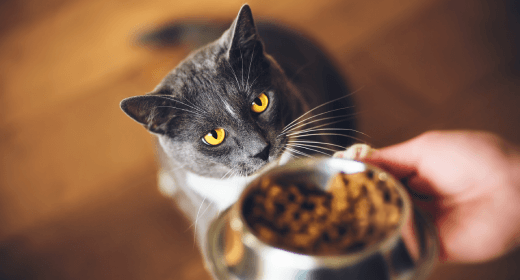

Answering the question of “can cats eat raw meat?” or “is raw meat good for kittens” requires a thorough study of various factors. Cats require special attention to their nutritional needs. As carnivores, meat is their staple meal. Therefore, there are many myths about feeding kitten raw meat diet. While feeding kitten raw meat is a commonly occurring practice, it might not always be a healthy choice. When kitten’s are under 3 to 4 weeks old, their bodies are not equipped to digest raw meat. So, if you are thinking of considering raw food diet for kittens and cats, let’s understand the risks it entails.
So, can kittens eat raw chicken? Well, while there are people who believe that feeding kittens raw meat is not harmful, it is crucial to explore the counterarguments and concerns raised by veterinarians. The following points shed light on why it is important to be cautious when considering a raw diet for kittens:
Feeding kitten raw meat carries a higher risk of bacterial contamination, including harmful bacteria like Salmonella and E. coli. Kittens, with their developing immune systems, are particularly vulnerable to these pathogens, which can lead to severe health issues. Hence, the answer to whether can kittens eat raw chicken is always - no.
If wondering is raw meat good for kittens and cats, then you must know raw meat might contain a lot of impurities which hampers its nutritional value. Providing a well-balanced diet is crucial for a cat’s well-being. Raw food diet for kittens and cats may lack essential nutrients if not properly formulated, potentially leading to nutritional imbalances that can affect their overall health and development.
The simple answer to, can kittens eat raw meat is a clear no. A raw diet for kittens often comes with the risk of bones, which can pose a choking hazard or cause internal injuries. The brittle nature of cooked bones is absent in raw bones, making them potentially dangerous for young and inexperienced eaters. This risk adds another layer of concern when considering a raw food diet for kittens.
Now that you know the answer to ‘is raw meat good for kittens?’, it becomes essential to look for potential alternatives to meet your feline’s dietary needs. Recognising the potential risks associated with feeding kitten raw meat prompts the search for safer options that meet their nutritional needs. Commercially available kitten food, whether in the form of wet food or kibble, emerges as a widely accepted and safer alternative for cats.
Wet kitten food provides a high moisture content, aiding in hydration, especially for kittens who do not drink enough water. It often comes in convenient portion sizes, making it easy to control portioning and monitor the kitten's intake. The soft texture is gentle on their teeth, and the variety of flavours caters to different preferences, encouraging a healthy appetite.
Kibble, or dry kitten food, offers convenience and dental benefits. The crunchy texture promotes dental health by helping reduce plaque and tartar buildup. It often comes in larger quantities, making it cost-effective and easy to store. Kitten kibbles are formulated to meet the specific nutritional requirements for growth and development.
Both wet food and kibble provide a balanced and nutritionally complete diet for kittens, eliminating the potential risks associated with a raw diet for kittens. So, if you are looking for a safer and more suitable alternative for your feline friend, these are the right food options. At IAMS, we offer a range of cat kibbles that are scientifically developed to meet their dietary needs. What’s more? Every recipe here is made with love, so your feline friend can relish each bite of its meal.
Can kittens eat raw meat? Well, cats and kittens can eat raw meat by accident. However, feeding kittens raw meat is not recommended. In such cases, prompt action is crucial. Monitor it for any signs of distress or illness, such as vomiting, diarrhoea, or lethargy. Contacting a veterinarian immediately is recommended for professional guidance tailored to the specific situation. In some cases, observation at home may suffice, while in others, prompt veterinary intervention may be necessary. The veterinarian can assess the potential risks, recommend necessary treatments, and guide the parent on monitoring the pet’s health in the coming days to ensure a swift recovery. Always keep emergency contact information for your veterinarian readily available in case such situations arise.
“Is feeding kittens raw meat correct?” is a complex question that requires careful monitoring and research, along with veterinary consultation, to be answered correctly. A cat’s age, general health, and unique dietary needs all play a role in determining if a raw diet can be beneficial or harmful for your little feline companion. Achieving the right balance between meeting the nutritional needs of your cat and ensuring hygiene, highlights the importance of informed decision-making. Hence, the response to can kitten eat raw meat, is always a bit no. When making this dietary choice, communication with a trusted veterinarian will help you foster a healthy life for your fur baby.
Sometimes, kittens can eat raw meat by accident. It exposes them to potential bacterial risks and may lead to digestive issues. Monitor for any signs of discomfort and consult your veterinarian.
Raw kitten food may pose bacterial and nutritional risks for kittens. Consult your veterinarian before introducing any form of raw kitten food, ensuring their diet is balanced and safe for optimal growth and health.
Safe meats for cats or kittens include chicken, turkey, and bacon. Ensure it is properly prepared and free from additives, and consult your veterinarian to establish a safe, balanced diet.
Cat meat can be raw or cooked. Consult your veterinarian to determine the best option based on your cat's health, preferences, and nutritional needs.
No, cats and kittens shouldn’t eat raw chicken. Along with entailing the risk of bacterial contamination, raw chicken diets also lack essential nutrients.




At about 12 months, your cat no longer requires the high levels of minerals, protein, and energy needed while he was a quickly growing kitten. So switch him to a high-quality food, such as IAMS™ ProActive Health™ Adult Original with Chicken, which is specifically balanced for the nutritional needs of adult cats. When choosing food, follow these steps.
Once you've selected a food, establish healthy feeding habits.